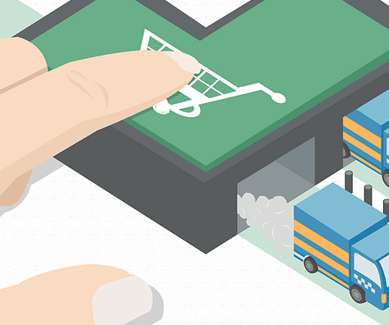The State of Ecommerce Platforms in 2018: Cloud Commerce, Open SaaS and The API Economy
BigCommerce
APRIL 24, 2018
Your unique combination of these aspects is unlike that of any other ecommerce business out there – and is why no FUD headline like “Why Your Business Will Fail” or “8 Innovative Ways to Skyrocket Growth” will ever fully apply to your brand. We’ll cover: What an ecommerce platform is. What is an Ecommerce Platform?













Let's personalize your content